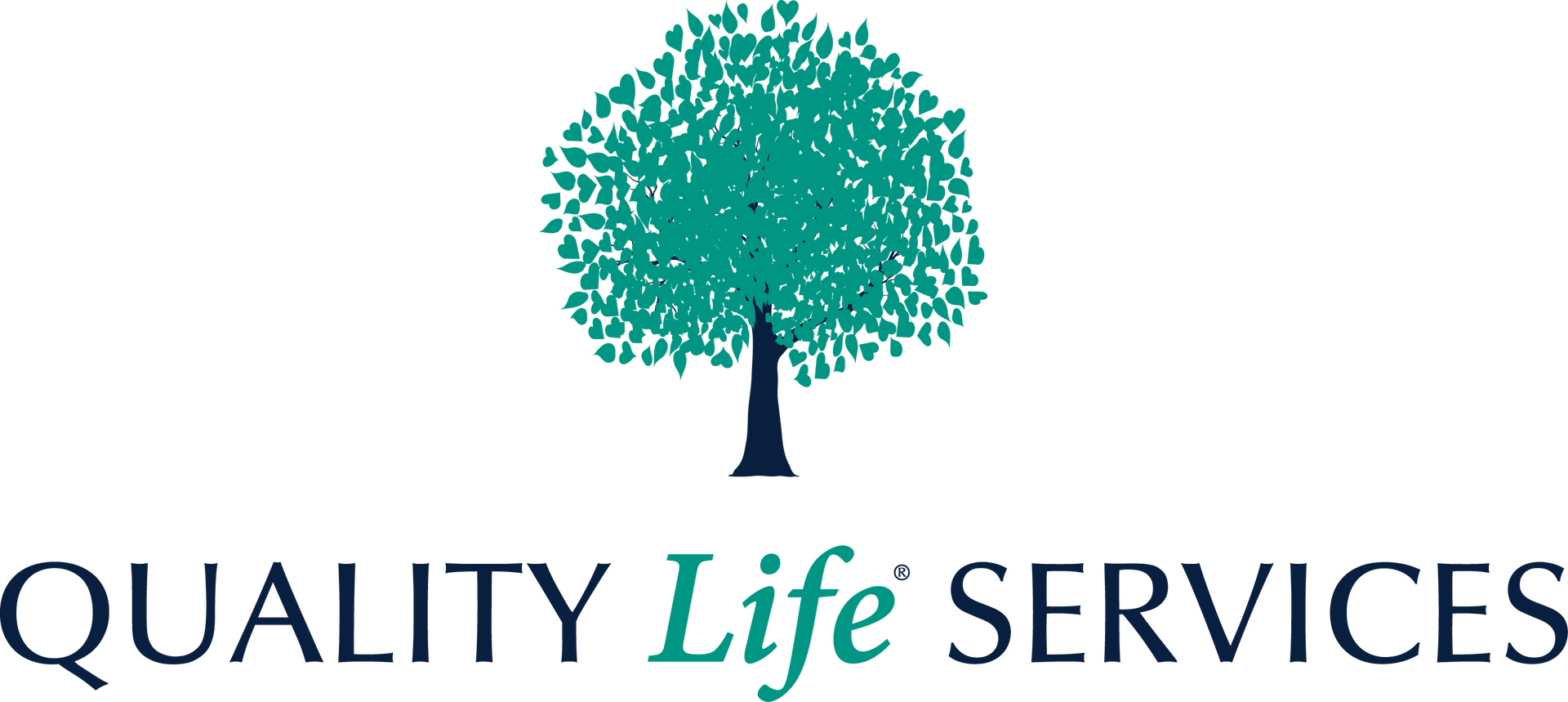Care Transition Services
When hospital care is required to treat or manage a condition, patients have easy access to necessary medications and care from licensed medical professionals. Once conditions are under control, however, the patient may be released to recover at home or into a community setting. We offer both in-home care and skilled nursing facilities to make care transitions as smooth as possible.
NAVIGATING CHANGE
Ensuring Continuity of Care
Chronic conditions require consistent monitoring and management. At Quality Life Services our Family Home Health services offer continued in-home care for those who are able to recover at home, or our skilled nursing facilities provide necessary support for those with conditions that require additional monitoring and care.
Dementia, heart disease, COPD, diabetes, and other chronic conditions can often be managed in the patient's community setting. When there is an interruption in care while the patient is being transitioned from inpatient to in-home care or a care facility, it puts the patient at risk for relapse and increases the risk for readmission. Transitional Care Management (TCM) exists to ensure continuity of care during this transition period. By taking responsibility for the patient's health during this time with a focus on facilitating a successful transition, TCM can dramatically reduce the likelihood of readmission. TCM services generally fall into three categories: Interactive contact; Non-face-to-face services; Face-to-face visits.
Contact should be made within two business days following discharge of the patient from the hospital. This initial contact is intended to address the status of the patient and their unique transitional needs.
Transitional Care Services
- Obtaining and reviewing discharge information. This may include continuity of care documents or a discharge summary, for example.
- Connecting and interacting with health care professionals to ensure continuity of care. By determining the primary needs of a patient, the appropriate health care services can be arranged.
- Assess the need for treatments, diagnostic tests, or follow-up on results from previous appointments.
- Assistance with scheduling required appointments with healthcare providers and services. By attending appointments after discharge and receiving the appropriate care, patients will be less likely to be readmitted because of their condition.
- Providing education and support for treatment regimen adherence. This may be especially valuable for the patient, their family, guardian, and/or caregiver. Education that aligns with self-management, daily activities, and independent living in relation to the patient's condition may also be provided.
- Medication management and prescription assistance.
The transition period between the time a patient is discharged from the hospital until they transition to home care or to a care facility can be confusing for both patients and caregivers.
Please call our admissions team at
1-888-835-4557,
they are available to answer questions and provide guidance.

